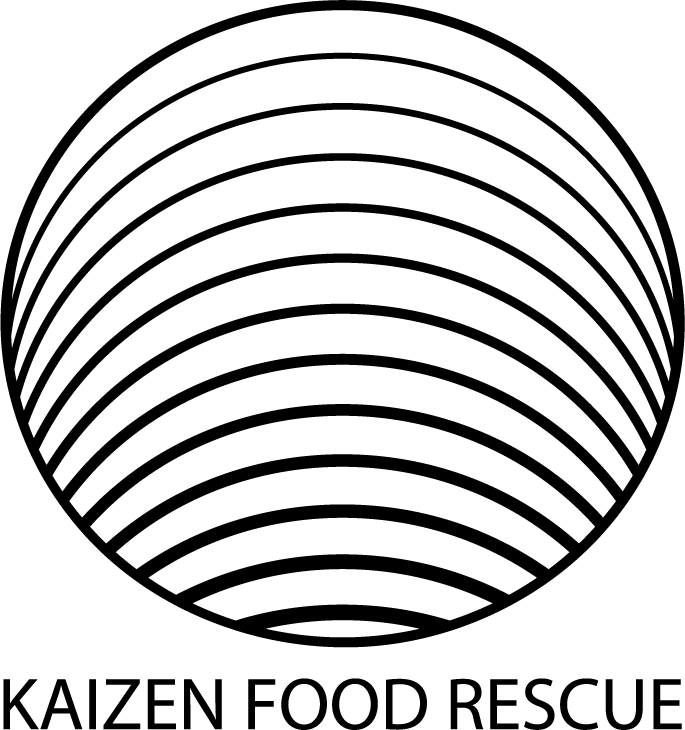The Little Bodega
Community no-cost grocery stores, often referred to as "food pantries" or "food banks," provide essential food assistance to individuals facing food insecurity or poverty. These stores play a key role in promoting food justice by offering access to healthy, nutritious food to communities with limited availability of such resources. In addition, they help reduce food waste by collecting and redistributing surplus food that might otherwise be discarded.
Community no-cost grocery stores also serve as redistribution points, ensuring that individuals in need can access adequate quantities of food to support their families. This approach helps alleviate the burden of food insecurity and malnutrition, particularly for low-income families, and contributes to a more equitable food system.
In addition to providing immediate food relief, these stores and broader food justice efforts aim to address systemic issues contributing to food and nutrition insecurity, such as limited access to healthcare, education, affordable housing, and discrimination. By tackling these underlying challenges, community grocery stores and food justice initiatives seek to foster a more just and inclusive society.
In line with our shared goals of advancing food autonomy, the "Little Bodega" initiative is a no-cost community market created and operated by local volunteers and community members. Food autonomy ensures people's right to access healthy and culturally appropriate food, produced sustainably, and allows communities to define their own food and agricultural systems. Alongside community wealth-building, we are dedicated to supporting innovative solidarity initiatives to strengthen our local food system—particularly for BIPOC farmers, producers, and allies.
Loretto Heights Bodega – Coming Soon!
